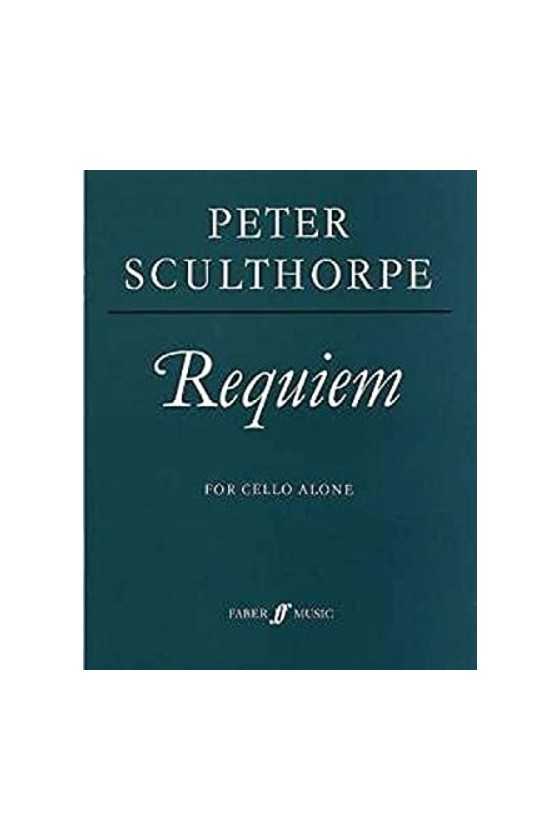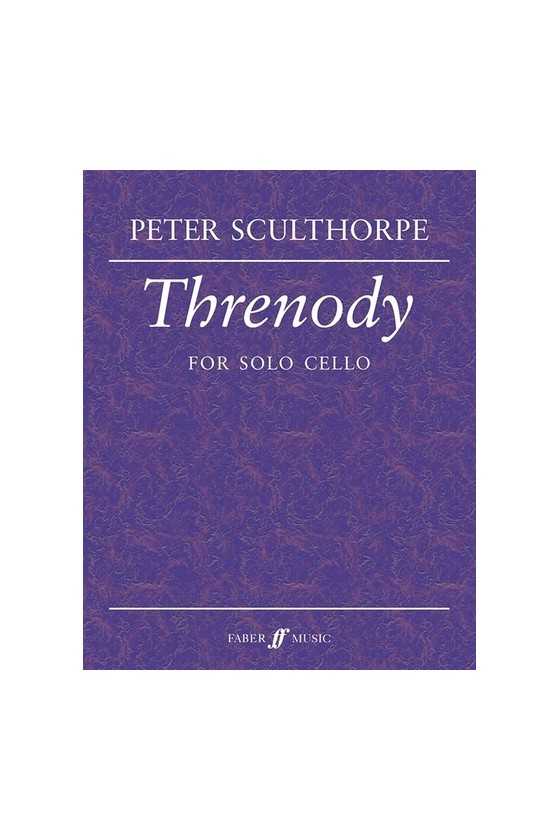Sculthorpe, Peter
Peter Sculthorpe, born in Launceston, Tasmania in 1929, was a renowned Australian composer whose rich and varied compositions have left a lasting impact on the world of music. With a career spanning several decades, the Australian landscape, environmental issues, and the human condition influenced Sculthorpe’s works. This article delves into the life and music of Peter Sculthorpe, exploring his early years, educational background, notable compositions, and his contributions to the music industry.
Early Years and Education
Peter Sculthorpe was born in Launceston, Tasmania, in 1929. He received his early education at Launceston Church Grammar School, where his passion for music began to flourish. After completing his studies at the University of Melbourne, Sculthorpe pursued further education at Wadham College, Oxford. These formative years laid the foundation for his future endeavors in the field of music.
Academic Achievements and Influences
Sculthorpe's academic achievements were notable throughout his career. He started teaching at the University of Sydney in 1964 and eventually became an Emeritus Professor. During his career, he also had the opportunity to study abroad as a Harkness Fellow at Yale University in the USA and as a visiting professor at Sussex University in the UK. These experiences broadened his musical horizons and exposed him to different cultural influences.
Sculthorpe's compositions were heavily influenced by various musical traditions, particularly those of Asia. The music of Japan and Indonesia resonated with him, and he incorporated elements from these traditions into his work. Later in his career, he also drew inspiration from Aboriginal and Torres Strait Island music and culture, further enriching his compositions with unique and diverse musical elements.
Notable Compositions
Peter Sculthorpe's body of work encompasses a wide range of compositions, including an astonishing eighteen string quartets. His compositions often reflect his preoccupation with the Australian landscape, environmental issues, and the human condition.
Earth Cry (1986)
One of Sculthorpe's notable compositions is "Earth Cry" (1986). This piece is a reflection of his concern for environmental issues and the fragile state of the Earth. Through his music, Sculthorpe expresses the need for environmental awareness and preservation.
Requiem (2003)
"Requiem" (2003) is another significant composition by Sculthorpe that showcases his deep empathy for the human condition. This composition grew from his concern about the loss of innocent lives during the war in Iraq, particularly women and children. Through "Requiem," Sculthorpe addresses the pain and sorrow caused by war and the need for peace.
String Quartets
Sculthorpe's series of string quartets is a testament to his dedication to addressing pressing social issues through music. For example, his String Quartet No. 16 (2006) focuses on the plight of asylum-seekers in Australian detention centers, shedding light on their struggles and advocating for compassion and understanding. In String Quartet No. 18 (2010), Sculthorpe turns his attention to climate change, emphasizing the urgency of addressing this global issue.
Recognition and Honors
Peter Sculthorpe's contributions to the field of music were widely recognized and celebrated. In 1977, he was appointed OBE (Order of the British Empire), followed by the honor of being made an Officer of the Order of Australia (AO) in 1990. In 1998, he was elected as one of Australia's Living National Treasures, a testament to the significant impact he had on the country's cultural heritage.
Sculthorpe also received numerous honorary doctorates from esteemed institutions such as the universities of Tasmania, Melbourne, Sussex, Griffith, and Sydney. His international recognition extended to the American Academy of Arts and Letters, where he became an Honorary Foreign Life Member. In 2011, he was awarded the Encomienda de la Orden de Isabel la Católica by Juan Carlos I of Spain, further solidifying his status as a global musical icon.
Legacy and Impact
Peter Sculthorpe's legacy extends far beyond his lifetime. His compositions continue to be performed and recorded worldwide, ensuring that his unique musical voice lives on. Sculthorpe's dedication to incorporating elements of the Australian landscape, environmental concerns, and social issues into his music has inspired a new generation of composers to explore similar themes.
His influence on the music industry, particularly in Australia and the Pacific Basin, cannot be overstated. Sculthorpe's fusion of different musical traditions and his commitment to addressing pressing social issues through his compositions have left an indelible mark on the world of music.
Conclusion
The life and music of Peter Sculthorpe represent a remarkable contribution to the field of music. His compositions, influenced by the Australian landscape, environmental concerns, and the human condition, continue to captivate audiences worldwide. Through his work, Sculthorpe not only left a lasting legacy but also inspired future generations of composers to explore diverse musical traditions and address important social issues. His impact on the music industry and his recognition as a national treasure solidify his place in history as one of Australia's most influential and celebrated composers.



